Nature reports
Page 16 of 75 - 744 Results
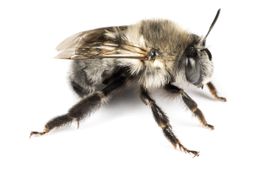
Data gaps make it challenging to understand ecology, distribution, and conservation needs of wild bees in Europe. BeeFall compiles ecological data to map distribution, variation, trends, and interactions. It allows citizen..
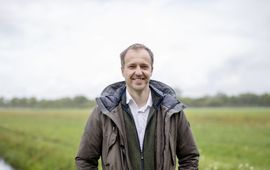
Professor of coastal ecology and NIOZ scientist Tjisse van der Heide receives a prestigious Vici grant for his research on coastal ecosystem restoration. NWO announced today that Van der Heide will receive a grant of one and a..
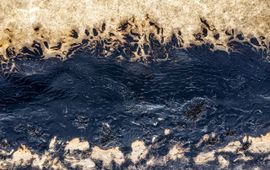
It was Monday afternoon when we received the news that oil spills had reached the east coast of Bonaire. The first thing that comes to mind is the extent of the damage to the environment and the animals. How can WWF-NL assist the..
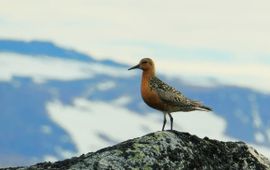
Climate change may speed up the emergence of insects in northern countries at the end of winter. This may cause breeding birds, migrating from the south, to come too late to benefit from the insect peak if they do not adjust their..
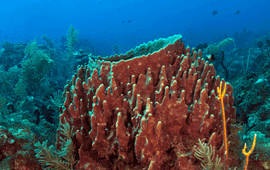
Sint Eustatius’ once-thriving coral reefs are now mere survivors, facing a decline from 25 percent hard coral cover in 1999 to less than 2.5 percent in 2021. This alarming trend has prompted an urgent initiative: a seven-year..
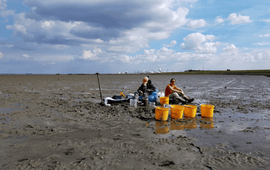
If storms become stronger in the future due to climate change, more nitrogen may be released from the bottom of coastal seas. This is shown by research of marine biogeochemist Dunia Rios-Yunes at The Netherlands Institute for Sea..
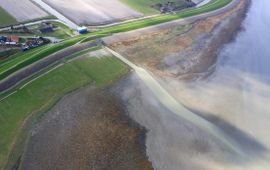
Particularly in spring, less and less fresh water flows from Dutch and German rivers into the Wadden Sea. This affects the life of algae and, therefore, fish and birds on the mudflats as well. ..
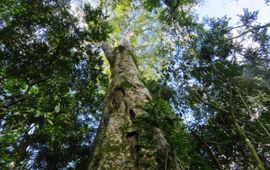
Tropical rainforests hold a wealth of biodiversity, but are globally approaching a critical point. The drastic decline is happening faster than expected, concludes an international research team. The team includes biologist Hans..
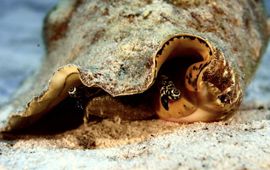
From April to December 2023, one hundred farmed young Queen Conchs were released into the sea of Curaçao with the aim of strengthening the natural population of those conchs. In the pilot project ‘Conquer the Future’, marine..
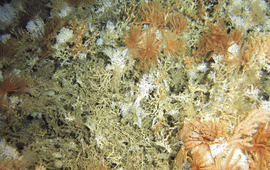
Corals searching for food in the cold and dark waters of the deep sea are building higher and higher mountains to get closer to the source of their food. But in doing so, they may find themselves trapped when the climate changes...
